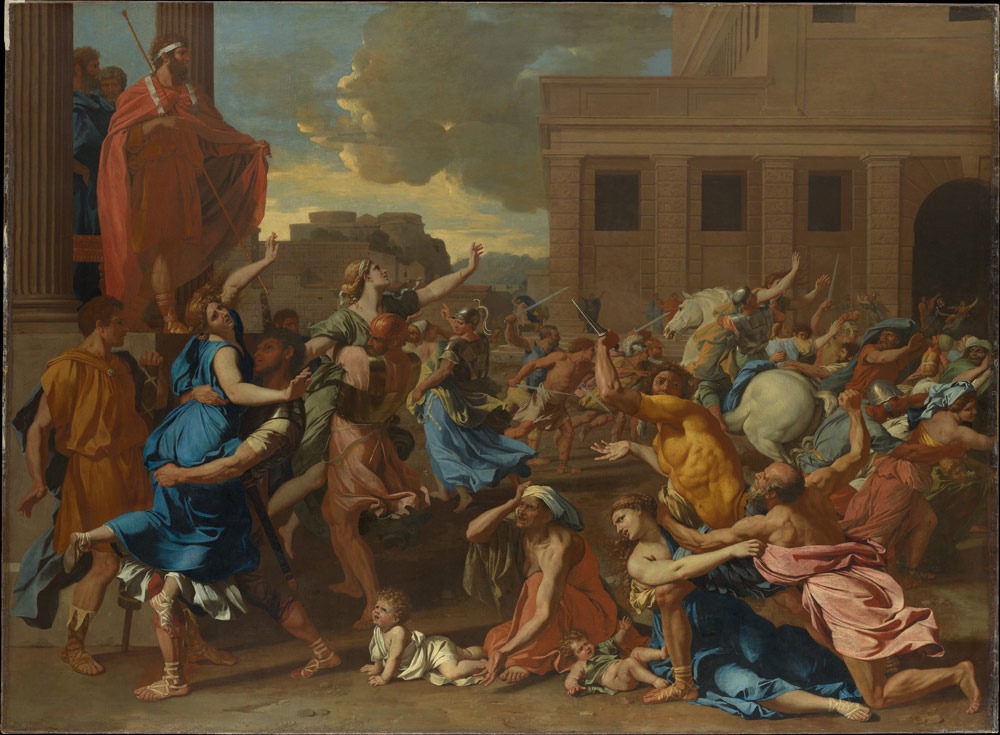
In recent months, major arts organizations have been striving to become more equitable by awarding prestigious prizes to several artists rather than to just one artist alone. But some award-winners, like novelist Namwali Serpell, had already been urging the arts world to be more equitable.
Back in 2015, the associate professor of English at the University of California, Berkeley, won the prestigious Caine Prize for African Writing and announced she would be sharing the prize with her fellow nominees. It was “an attempt to make a political statement about the way that we set writers up to be in competition with one another,” she explains, “rather than thinking about the nature of the art itself.”
Serpell has won a number of awards this year for her debut novel The Old Drift, which is set in Zambia. In our latest Tiny Spark podcast, she discusses the language, politics, and history that she has woven into her published essays in the New York Review of Books, like “The Banality of Empathy.”
Sign up for our free newsletters
Subscribe to NPQ's newsletters to have our top stories delivered directly to your inbox.
By signing up, you agree to our privacy policy and terms of use, and to receive messages from NPQ and our partners.
“There seems to be only one kind of ethical role for fiction,” she explains, “which is to make us feel the suffering of others.” Serpell, a Zambian writer, finds this deeply problematic. We discuss the enduring legacy of white saviorism in literature, the Caine Prize’s colonial and paternalistic roots, and how the power of publishing can dictate who she is writing for. “It seems to me that the imagined reader is very often a comfortable middle-class white person who is not suffering and gets to empathize with those who do suffer through art,” she says.
In her writing, Serpell instead seeks to lift up voices from Zambia and from across the globe. In The Old Drift, Serpell italicizes all non-English words, but does not include glossary definitions. “I feel like the decision that I’ve made does exactly what I wanted it to,” she says. “It opened up the book to people who hadn’t seen themselves, or the way they spoke, or their language, represented in literature before.” And to critics of this choice, she points out “if you don’t understand a word in a novel, it’s very easy to Google.”
ADDITIONAL RESOURCES
- Namwali Serpell, “Glossing Africa,” The New York Review of Books, August 21, 2017.
- Isaac Chotiner, “A Novelist and Critic on Fictionalizing Zambian History,” The New Yorker, April 3, 2019.
- Alison Flood, “Eight authors share $1m prize as writers face coronavirus uncertainty,” The Guardian, March 19, 2020.
- “Turner Prize 2020 axed and replaced by £100k fund for struggling artists,” BBC News, May 26, 2020.
- Rebecca Alter, “Why Is Everyone Arguing About the Novel American Dirt?”, Vulture, February 7, 2020.
- The AKO Caine Prize for African Writing website
- Serpell on Twitter
Photo Credit: Provided by author.











